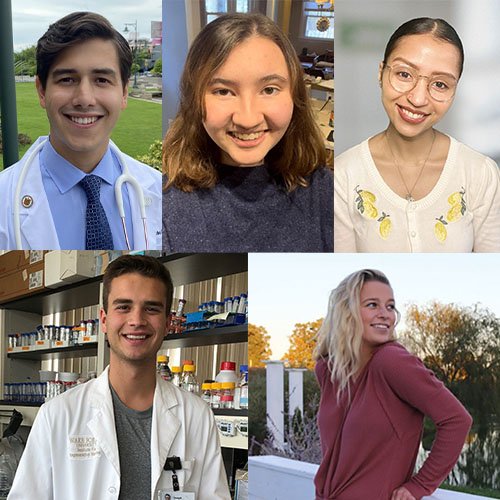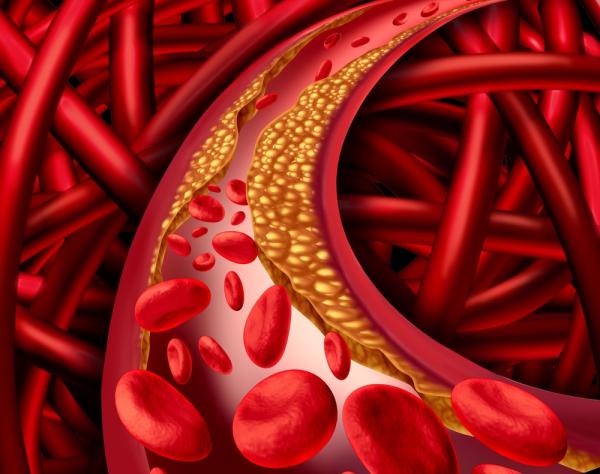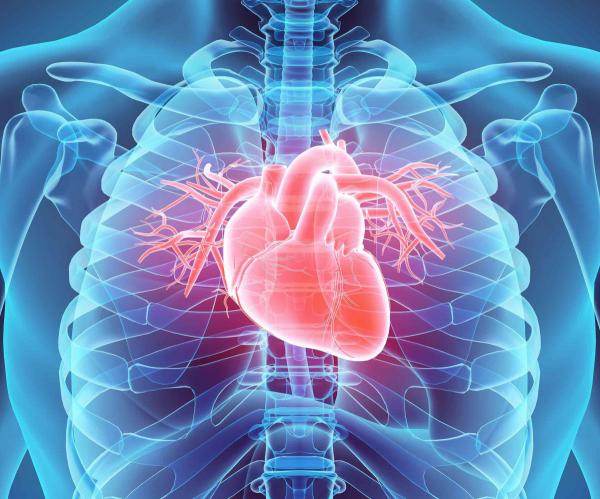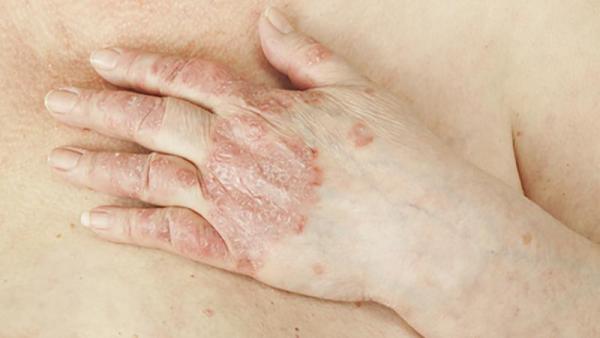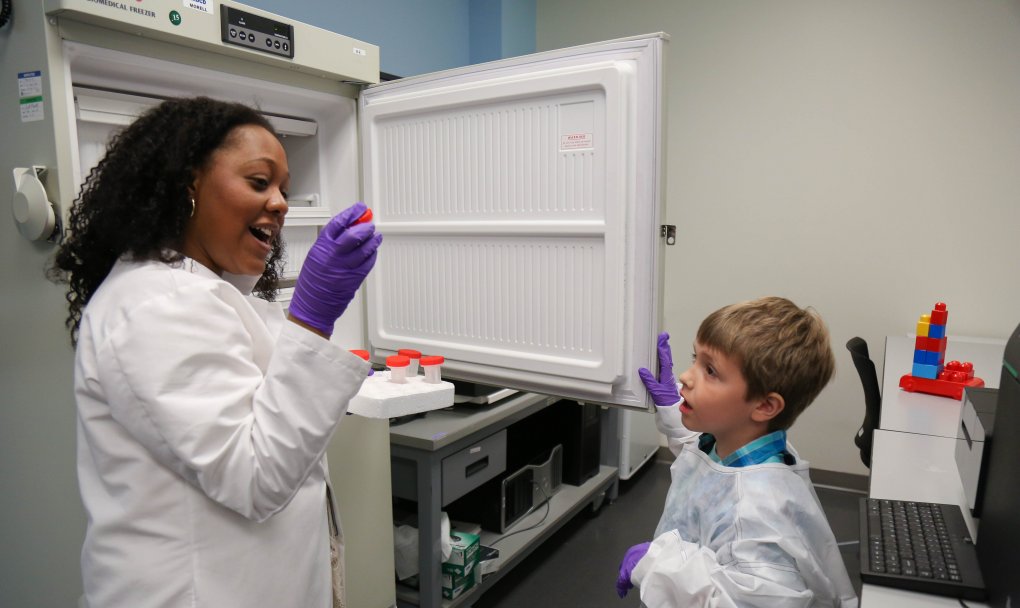Modified Soybeans May Provide Cardiovascular Benefits
Mouse Study Suggests Simple Ingredient Swap Could Improve Public Health
When it comes to consuming a healthy diet, “everything in moderation” is a common piece of advice. In fact, evidence is accumulating that eating lots of a particular dietary fat thought to promote cardiovascular health may actually be problematic. A recent IRP study performed in mice suggests that vegetable oil made from a modified soybean may decrease the risk for cardiovascular disease by helping people strike the right balance in their consumption of two different types of fat.


